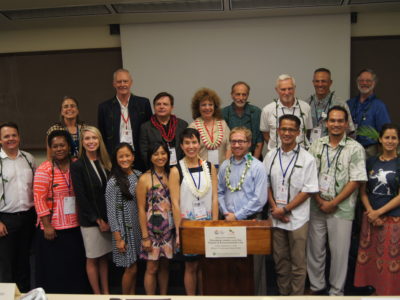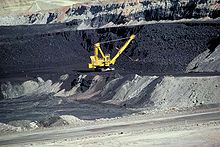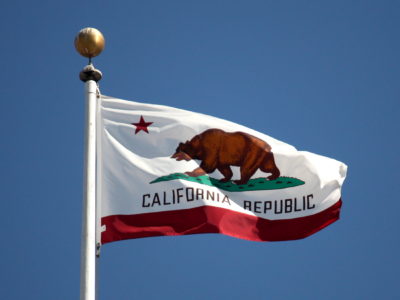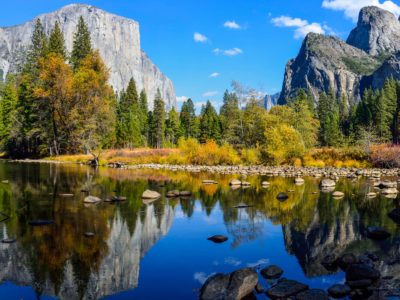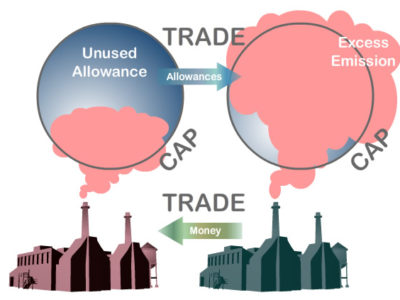General
The Clean Water Act, Federalism, Big Money and the California Supreme Court
Ill-considered Supreme Court Decision Threatens California’s Administration of Clean Water Act Permit Program
The California Supreme Court recently issued a little-noticed decision on a seemingly arcane state public finance issue that could well wind up having a dramatic, negative effect on California’s continued ability to administer the federal Clean Water Act’s permit program in the Golden State. The case is Department of Finance v. Commission on State Mandates. In …
Continue reading “The Clean Water Act, Federalism, Big Money and the California Supreme Court”
CONTINUE READINGThe Future of Environmental Law?
Thoughts from the IUCN World Conservation Congress in Hawai’i
I am writing this weekend from a sunny spot in the Pacific, from the IUCN World Conservation Congress in Honolulu. For the uninitiated, the IUCN—International Union for Conservation of Nature and Natural Resources—is a global union of governments and non-governmental organizations (including over 1300 member institutions, organizations, and countries worldwide) focused on the conservation of …
Continue reading “The Future of Environmental Law?”
CONTINUE READINGThe Downward Political Spiral of a Declining Industry
As the coal industry weakens economically, it also loses political clout.
Tighter regulation contributes to an environmentally dirty industry’s economic decline, which reduces its political clout, which allows more regulation, further weakening the industry. Coal is prime example. The coal industry’s economic plight is well-known. Coal production is the lowest since a major strike 35 years ago. In fact, my colleagues at the business school report that coal …
Continue reading “The Downward Political Spiral of a Declining Industry”
CONTINUE READINGWhy Does Industry Always Attack New Rules?
It makes businesses look obstructionist and often gains them nothing. So why do they do it?
It seems like every time EPA makes a move, industry says it’s another job-killing power grab by the government and files court challenges within about an hour of EPA’s action. But why? The rule often survives judicial review, so industry spends millions on lawyers and gets nothing in return. It’s true that industry does often win at …
Continue reading “Why Does Industry Always Attack New Rules?”
CONTINUE READINGAmerica’s Best Environmental and Economic Bargain
…and Other Concluding Thoughts About the National Park System
(This is the final installment in a series of posts celebrating the centennial anniversary of the National Park Service.) A wag once observed: It’s hell getting old, but it beats the alternative. I can personally attest to the fact that it’s not a lot of fun achieving senior citizen status. I can’t run as far …
Continue reading “America’s Best Environmental and Economic Bargain”
CONTINUE READINGCap and Trade’s Future in California, Redux
Litigation, AB 197 and Politics May All Have an Influence
Two days ago, I posed a series of questions about what AB 197 might mean for the future of cap and trade in California but never really answered the question of whether we’re likely to see a continuation of the program going forward post-2020. Eric posted his view this afternoon that he is relatively pessimistic …
Continue reading “Cap and Trade’s Future in California, Redux”
CONTINUE READINGA(n Admittedly Subjective) List of America’s Very Best National Parks
(This is the fourth in a series of posts this week commemorating the 100th anniversary of the creation of the National Park Service.) I love lists. Whether it’s a compilation of the year’s top movies, the best restaurants in California (out-doing even the best restaurants in Bozeman where I grew up), or the best rock …
Continue reading “A(n Admittedly Subjective) List of America’s Very Best National Parks”
CONTINUE READINGMajor Challenges Face the National Park Service in Its Next Century
Park Overcrowding, Crumbling Infrastructure, Changing Constituency Top the List
(This is the third in a series of posts this week commemorating the 100th anniversary of the creation of the National Park Service.) To be sure, the National Park Service has much to celebrate as it observes its 100th birthday. The Park Service oversees a stunning and diverse set of national parks, monuments, historic and …
Continue reading “Major Challenges Face the National Park Service in Its Next Century”
CONTINUE READINGDoes AB 197 Mean the End of Cap and Trade in California?
Language Directs the Air Resources Board to Prioritize Direct Emissions Reductions
As Ethan’s post recounts, the California Assembly today passed AB 197, a bill linked to SB 32, which extends California’s climate goals to 2030 and requires emissions reductions by that year of 40 percent below 1990 levels (see my post from yesterday describing the bills and how they are linked). The passage of the two …
Continue reading “Does AB 197 Mean the End of Cap and Trade in California?”
CONTINUE READINGThe (Relatively) Unknown Treasures of the National Park Service
Our National Park System Consists of Far More Than Just National Parks
When most Americans think of the National Park Service, they contemplate the nation’s stellar collection of national parks: Yellowstone, Yosemite, the Everglades and the other 56 parks created by acts of Congress since 1872. But that’s only part of the story and holdings of the National Park Service, which celebrates its 100th birthday this week. …
Continue reading “The (Relatively) Unknown Treasures of the National Park Service”
CONTINUE READING




